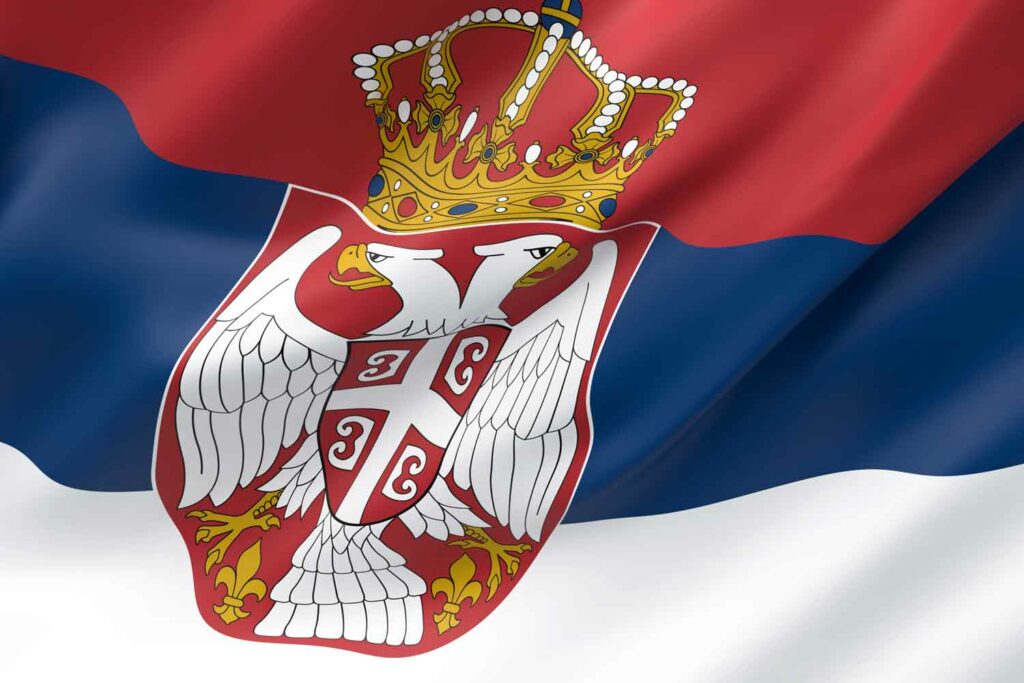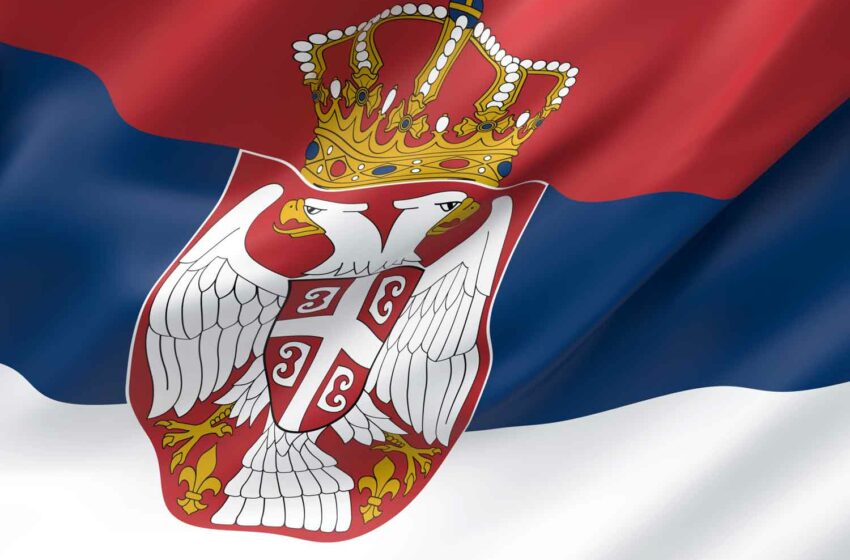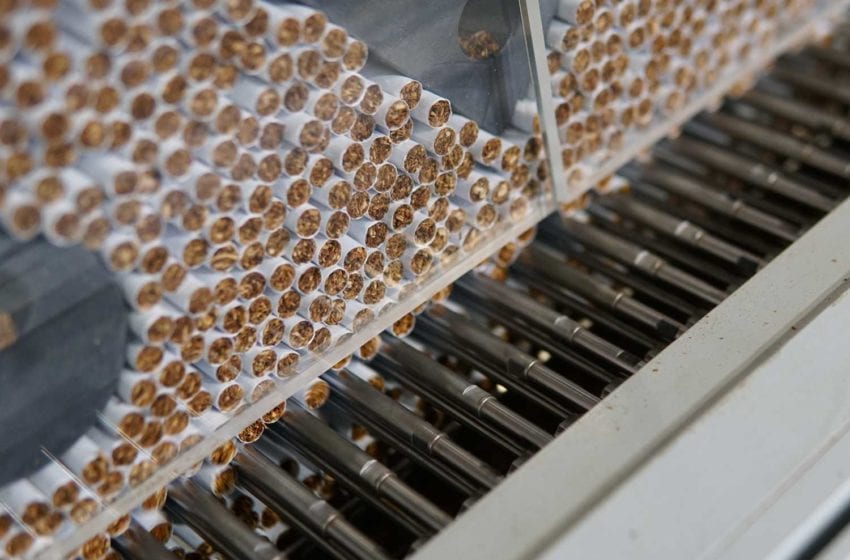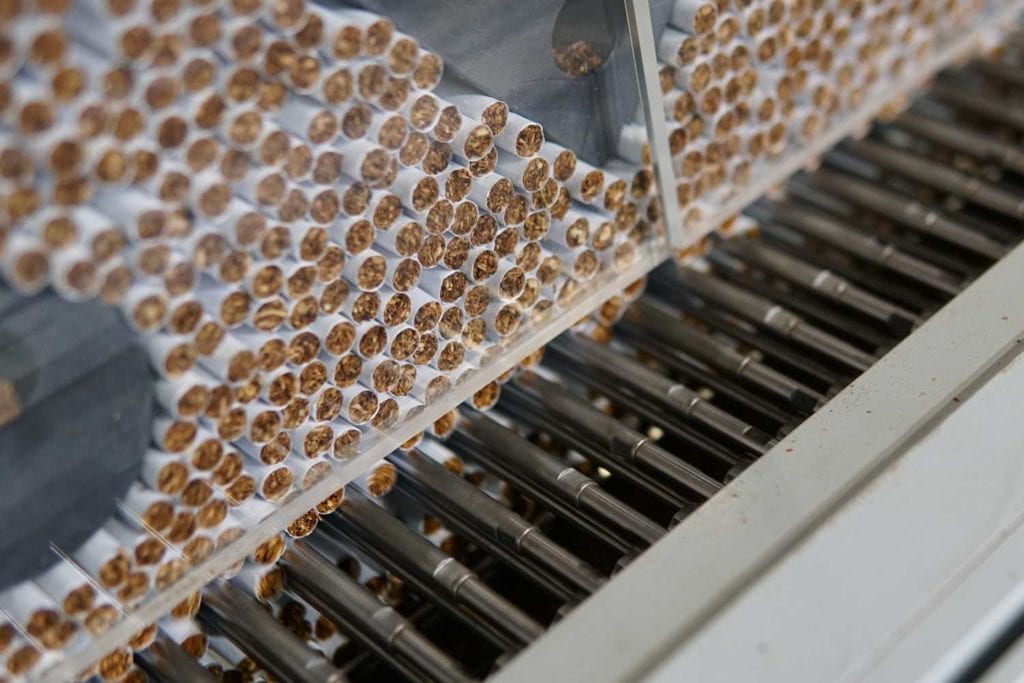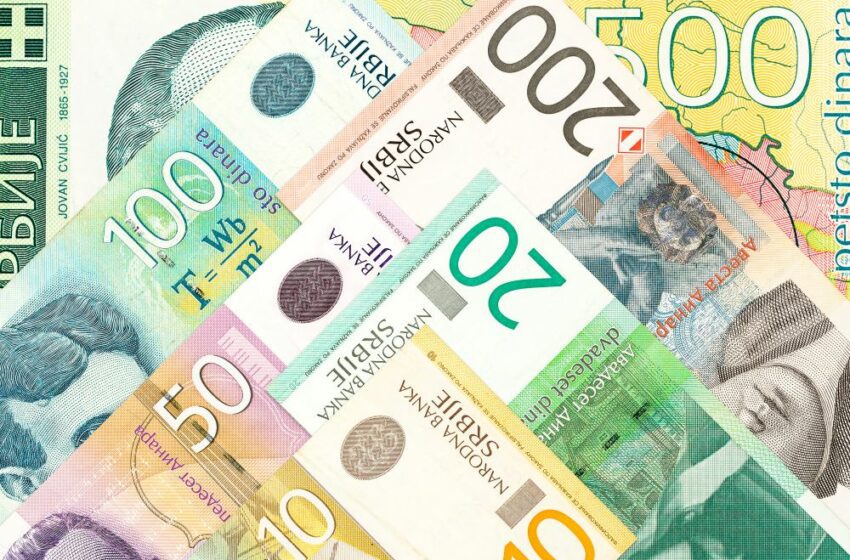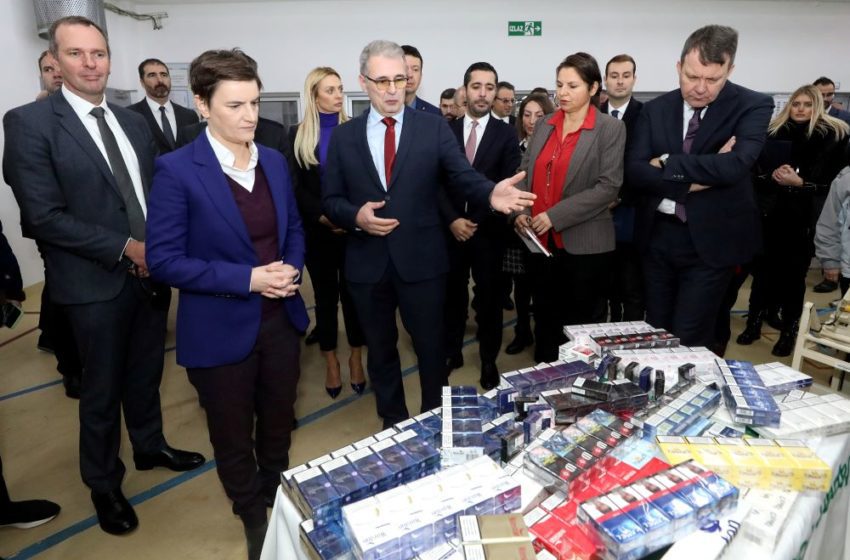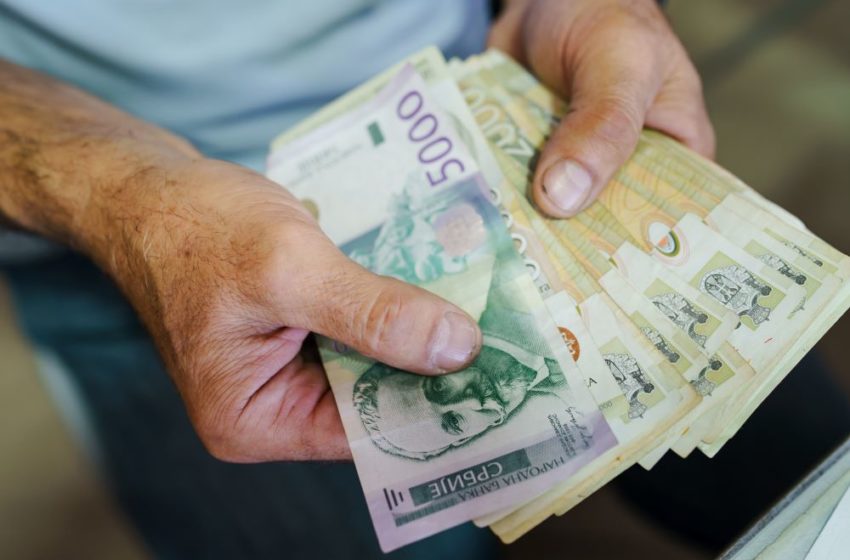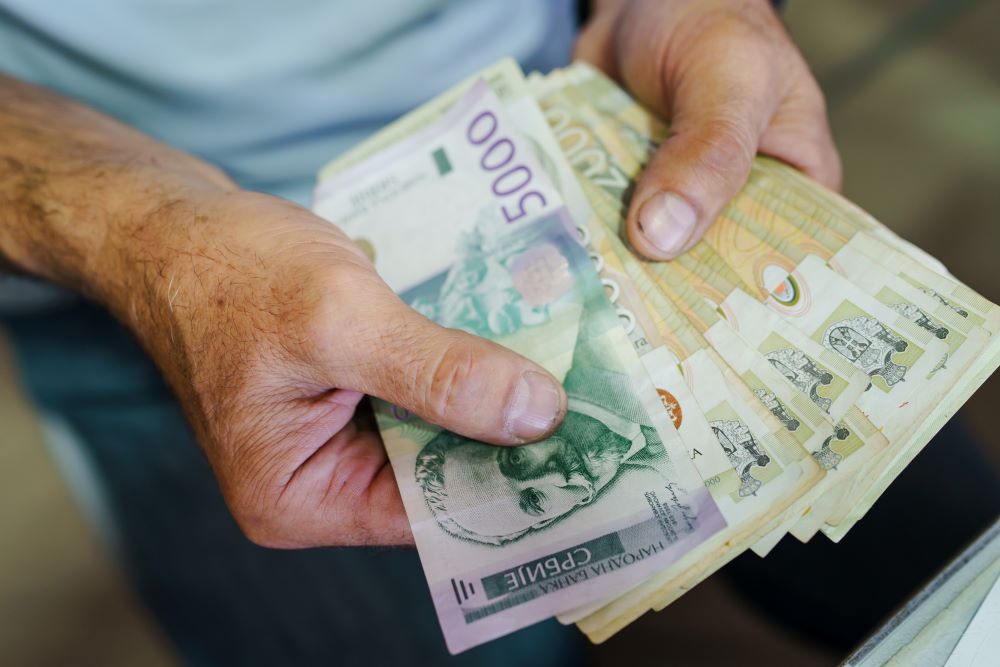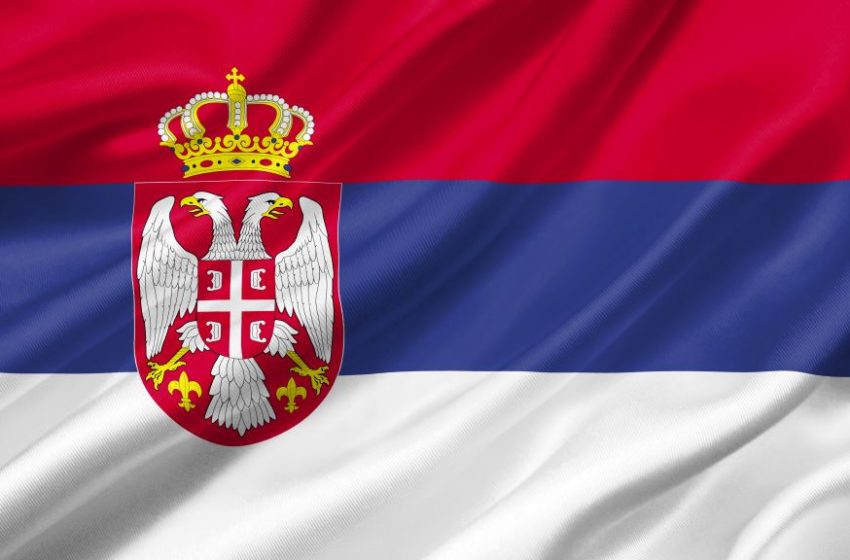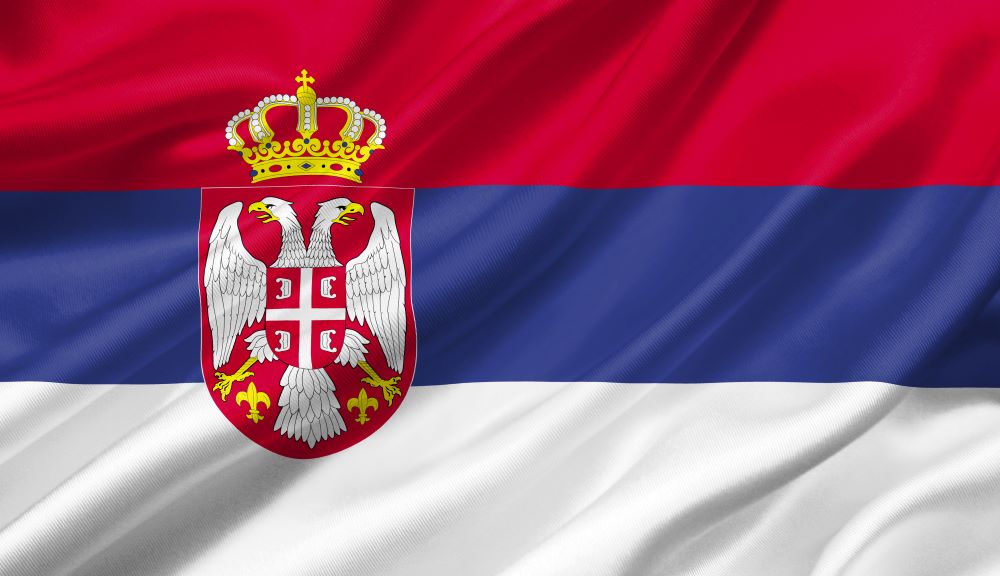Serbia has raised excise taxes on cigarettes, fuel, alcohol and coffee by 8 percent, effective Oct. 1, reports Euractiv.
According to Bojan Stanic, deputy director of the Strategic Analysis Department at the Serbian Chamber of Commerce, the increase does not mean the products will become 8 percent more expensive; it comes down to the price structure.
“Excise taxes are increasing by 8 percent,” said Stanic. “When you look at the price structure of fuel, one part relates to the purchase price of fuel, and then excise tax is added, and this part of the excise tax is increased by 8 percent. This does not necessarily mean fuel at the pumps will become much more expensive.”
“The budget of Serbia is constrained, and it is under pressure due to rising interest rates for repaying the state’s debt,” said Stanic regarding the decision. “On the other hand, there is pressure that mostly affects the poor, and of course, it is necessary to provide increases in pensions and one-time transfers to the population in terms of assistance. All of this is applied to relieve the poorest part of the population. Additionally, it was necessary to find additional revenues. Someone calculated that increasing excise taxes was the way to go.”
“However, when we talk about other products like coffee, alcohol, and tobacco, which are also subject to excise taxes, these are not essential goods; people can live without them. Therefore, it is believed that there will be less resistance if taxes on these products are increased,” he added.
